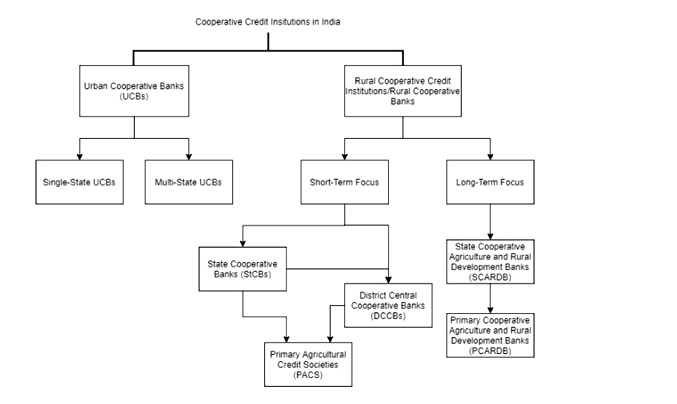7667766266
enquiry@shankarias.in
What is the issue?
Since most of the co-operative credit societies avoid regulatory oversight and indulge in risky lending, their supervision needs to be tightened.

Reference